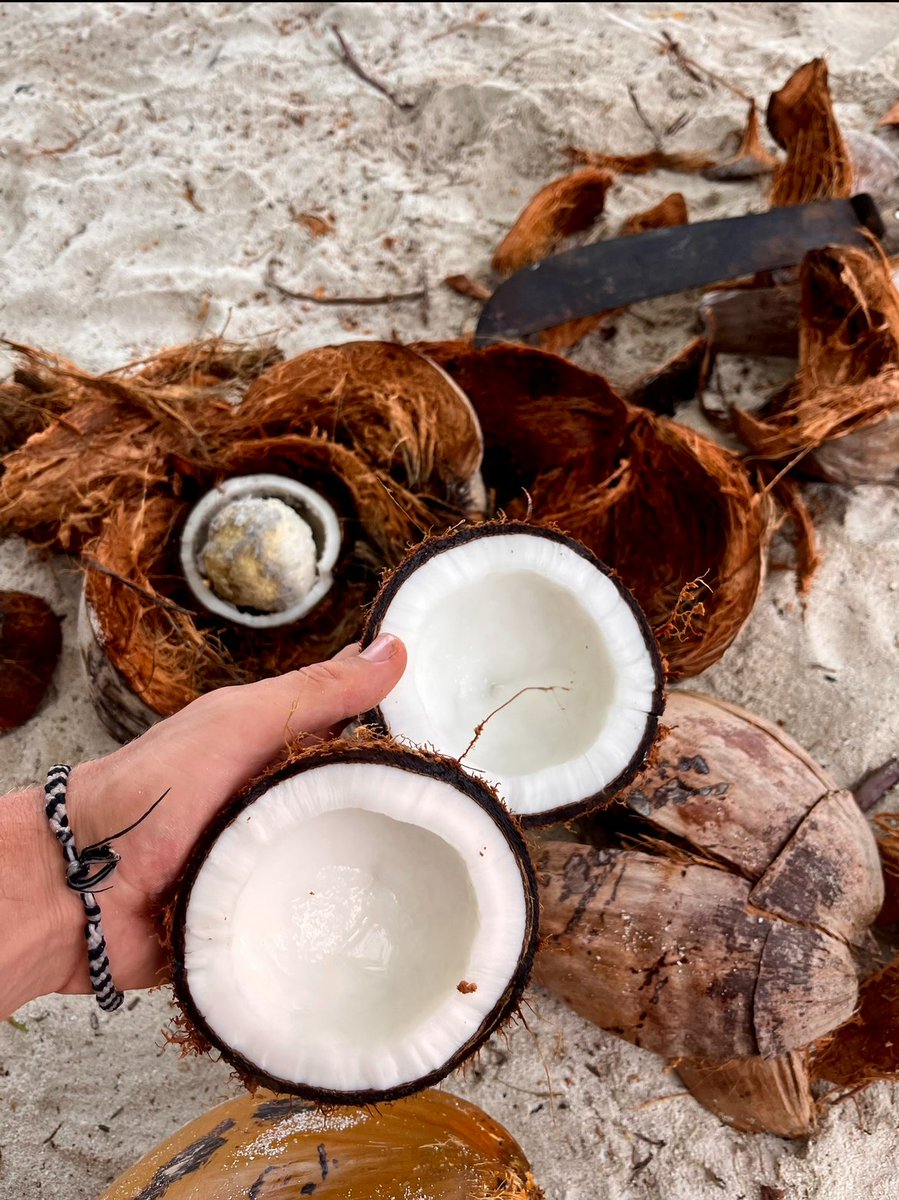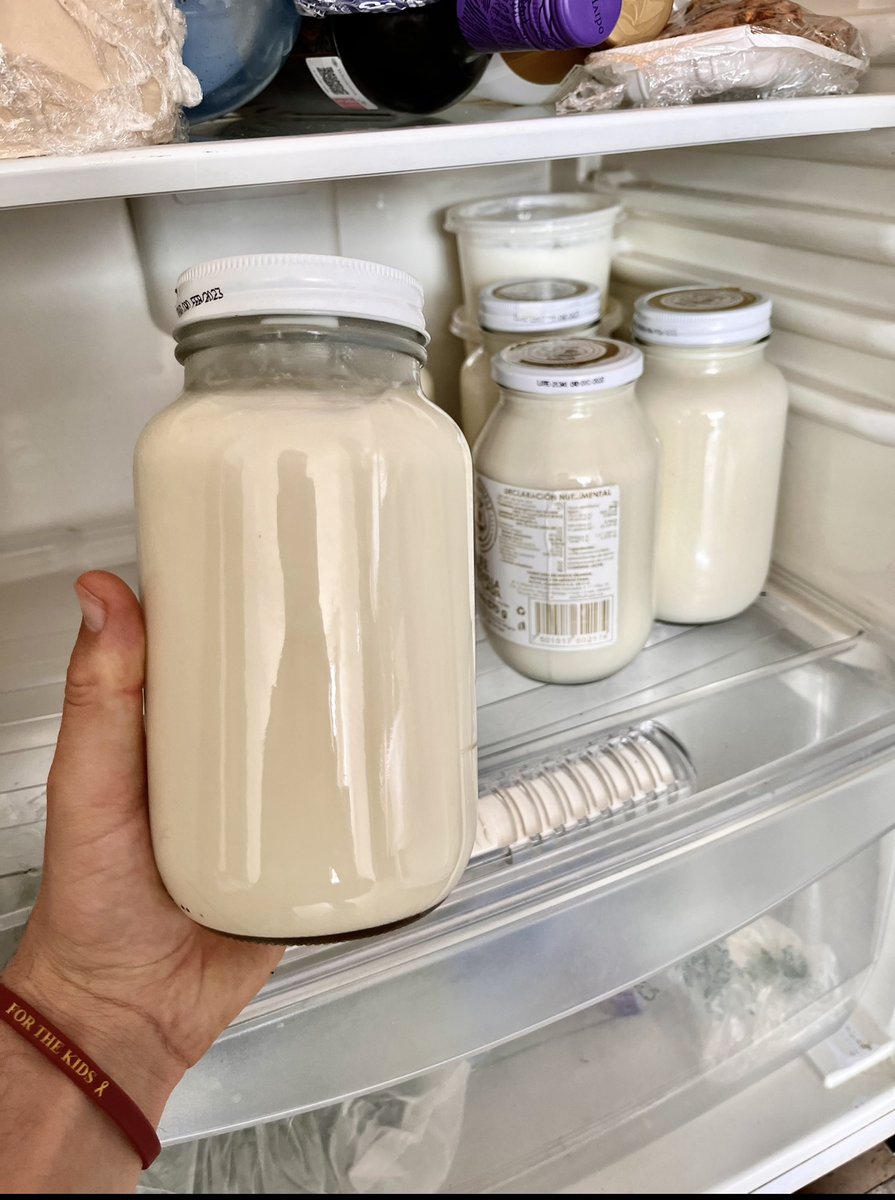Hate to break it to you guys, but THC is not good for your brain
BUT, there are ways to reduce damage & still toke the devil's lettuce
If you're going to smoke weed, do it in a non-neurodegenerative manner
How to avoid THC's risk profile:
BUT, there are ways to reduce damage & still toke the devil's lettuce
If you're going to smoke weed, do it in a non-neurodegenerative manner
How to avoid THC's risk profile:
I have a few issues with cannabis:
1. Modern strains have way too much THC. The weed they were smoking at Woodstock is abysmal in comparison to what you find at dispos. It's like comparing beer to absinthe
1. Modern strains have way too much THC. The weed they were smoking at Woodstock is abysmal in comparison to what you find at dispos. It's like comparing beer to absinthe
Yes, weed is a plant. But modern weed is unnatural. The balance between THC & other cannabinoids is way off. This is why we're seeing a prevalence of THC-related psychosis
2. It gets habitual, fast
You can get by smoking 1-2x/week without any serious side effects. Issue is its a slippery slope. 1x/wk turns into 3x/day before you know it
It starts with a cheeky one-hitter. All of the sudden you're ripping dabs at 11AM on a tuesday
You can get by smoking 1-2x/week without any serious side effects. Issue is its a slippery slope. 1x/wk turns into 3x/day before you know it
It starts with a cheeky one-hitter. All of the sudden you're ripping dabs at 11AM on a tuesday
3. It disrupts your endocannabinoid system
your ECS is a complex signaling system important for more than just getting high.
It governs:
- Neurotransmitter regulation
- Inflammatory response
- Pain modulation
- Appetite (munchies)
- Stress Response
- Neuroprotection
your ECS is a complex signaling system important for more than just getting high.
It governs:
- Neurotransmitter regulation
- Inflammatory response
- Pain modulation
- Appetite (munchies)
- Stress Response
- Neuroprotection
THC binds to CB1 receptors. Prolonged activation will desensitize & downregulate CB1, disrupting normal signaling
You need more & more THC to just have normal functioning
You need more & more THC to just have normal functioning
An impaired cannabinoid system means:
- Less stress tolerance
- Dysfunctional metabolism
- Poor inflammatory response
- Impaired neuroprotection
- Neurotransmitter imbalance
- Less stress tolerance
- Dysfunctional metabolism
- Poor inflammatory response
- Impaired neuroprotection
- Neurotransmitter imbalance
THC also affects glutamate neurotransmission. Prolonged release can cause excitotoxicity, leading to an influx of calcium ions that cause damage to brain cells
THC also impairs your Motivation al systems via the mesocorticolimbic pathway (why THC makes you 'lazy'
THC also impairs your Motivation al systems via the mesocorticolimbic pathway (why THC makes you 'lazy'
Anyway, if you're going to smoke, just do it right
Here's how:
Here's how:
1. Avoid high-THC strains
Stop smoking selectively bred abominations with absurd THC concentrations. No dabs, distillate etc
Most of the benefits that come from cannabis are from the wide range of terpenes & cannabinoids separate from THC
Stop smoking selectively bred abominations with absurd THC concentrations. No dabs, distillate etc
Most of the benefits that come from cannabis are from the wide range of terpenes & cannabinoids separate from THC
2. Keep tolerance as low as possible.
The less THC you consume, the less side effects
Don't smoke multiple times per day, avoid redosing (smoking again after effects wear off)
THC metabolites accumulate in your system & can stay there for months
The less THC you consume, the less side effects
Don't smoke multiple times per day, avoid redosing (smoking again after effects wear off)
THC metabolites accumulate in your system & can stay there for months
3. Take L-Theanine
L-theanine mitigates some of the affective & cognitive side effects from THC
Drink Green tea, Take L-theanine capsules. Preferably before consuming THC
pubmed.ncbi.nlm.nih.gov/33268546/
L-theanine mitigates some of the affective & cognitive side effects from THC
Drink Green tea, Take L-theanine capsules. Preferably before consuming THC
pubmed.ncbi.nlm.nih.gov/33268546/
4. Don't smoke before bed
We know this, THC flatlines your REM sleep. It may help you fall asleep but its not helping you get better rest
We know this, THC flatlines your REM sleep. It may help you fall asleep but its not helping you get better rest
5. Take breaks
Use the substance, don't let the substance use you. There's no reason to smoke every day for months on end. Take tolerance breaks frequently
Use the substance, don't let the substance use you. There's no reason to smoke every day for months on end. Take tolerance breaks frequently
6. Use it effectively
THC is an effective tool for disrupting your default mode network. It makes it easier to approach problems from a different perspective, take an objective view of your life, pursue creativity.
THC is an effective tool for disrupting your default mode network. It makes it easier to approach problems from a different perspective, take an objective view of your life, pursue creativity.
Cannabis does have some benefits if used correctly. But the line between effective tool & degenerative crutch is gray & faded
If you have a tough time regulating consumption, avoid it altogether (like any vice)
If you don't smoke, don't start now
If you're a habitual smoker, be honest with yourself about the negatives & take the initiative to use it in a non-damaging manner
If you don't smoke, don't start now
If you're a habitual smoker, be honest with yourself about the negatives & take the initiative to use it in a non-damaging manner
If you are prone to bipolar disorder or schizophrenia, don't use it. Not worth the risk
CBD > THC
CBD > THC
Now I do believe THC has some benefits. BUT it has to be used correctly.
No habitual use, prolonged breaks. Intentional consumption
Use it to gain new perspectives, to approach problems creatively, to rewrite your life
Don't use it as a crutch
No habitual use, prolonged breaks. Intentional consumption
Use it to gain new perspectives, to approach problems creatively, to rewrite your life
Don't use it as a crutch
If you're trying to quit:
1. Get rid of weed. Don't have it in your house
2. Try Niacin & NAC
3. Fixate on all the negatives of weed every time you get an urge. You'll eventually flip your cue
1. Get rid of weed. Don't have it in your house
2. Try Niacin & NAC
3. Fixate on all the negatives of weed every time you get an urge. You'll eventually flip your cue
https://twitter.com/NoahRyanCo/status/1626008725872861185?s=20
• • •
Missing some Tweet in this thread? You can try to
force a refresh

 Read on Twitter
Read on Twitter









